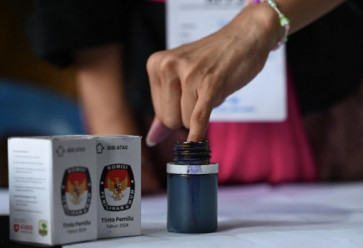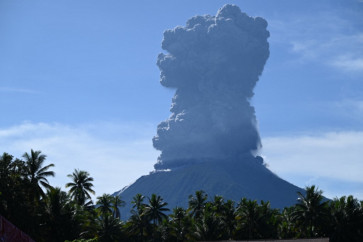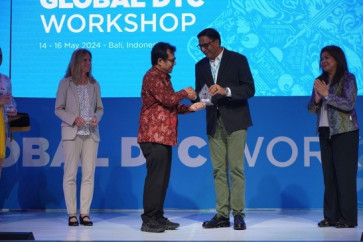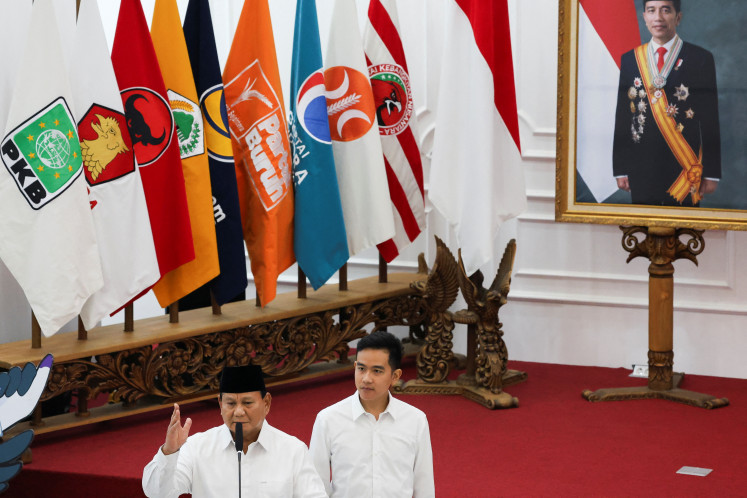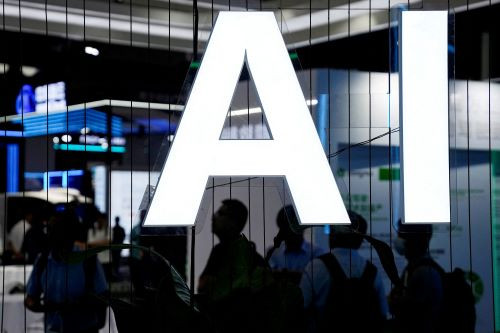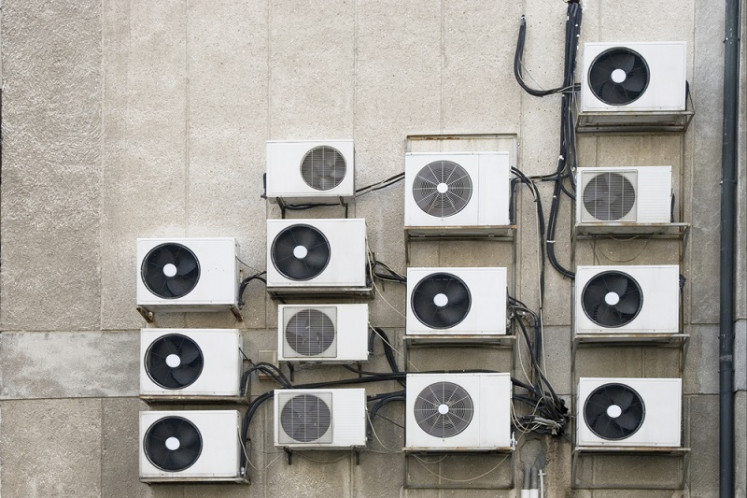Suzuki, Daihatsu join Toyota to develop EV minicars
Change Size

M
inicar makers Suzuki Motor Corp. and Daihatsu Motor Co. said on Wednesday that they would join an initiative led by Toyota Motor Corp. to accelerate electrification and carbon neutrality in commercial vehicles.
Suzuki and Daihatsu will each acquire a 10 percent stake in Commercial Japan Partnership Technologies Corp., a joint company funded by Toyota and smaller truck manufacturers Isuzu Motors Ltd. and Hino Motors Ltd, Kyodo reported.
The participation of Suzuki and Daihatsu expands the initiative targeting vehicles for commercial use to a fuller lineup from trucks to minicars.
It is designed to promote more connected, autonomous, shared and electrified, or CASE, vehicles. Toyota, Suzuki and Daihatsu will aim to cooperate in building infrastructure for connected cars and using electrification technologies, among other areas.
“Minicars serve as Japan’s practical and sustainable lifelines. Now CASE and carbon neutrality are calling for a major change,” Toyota President Akio Toyoda said during an online press briefing.
Around 85 percent of roads in Japan are narrow and can only be used smoothly by minicars, Toyoda added. Minivehicles with engines of up to 660 cc are popular in Japan, accounting for about 40 percent of total cars sold.
Toyota has been seeking to expand cooperation with Suzuki in such fields as electrification by owning a 4.9 percent stake in the minicar maker based in Shizuoka Prefecture, central Japan. Daihatsu is a wholly owned subsidiary of Toyota.
During the same press conference, Suzuki president Toshihiro Suzuki and Daihatsu president Soichiro Okudaira recognized the need for collaboration as it is increasingly difficult to meet the challenge alone of introducing advanced technologies and aiming for carbon neutrality.
“It’s not an easy undertaking to promote CASE technologies and cut CO2 emissions while at the same time making sure that our vehicles are affordable,” Okudaira said.
“You have Isuzu and Hino that are professionals in commercial vehicles, and Toyota's CASE technologies,” he said.
“Now, Suzuki and Daihatsu, which have been supporting the minicar industry, are taking part. We can cover the logistical arteries and capillaries.”
With the addition of Suzuki and Daihatsu, Commercial Japan Partnership Technologies, the Tokyo-based firm established in April, will be 60 percent owned by Toyota and 10 percent each by the four other automakers.
In March, Toyota, Isuzu and Hino said they would promote eco-friendly and autonomous driving trucks via Commercial Japan Partnership Technologies.
In a separate development, Anglo-Australian mining firm BHP said Thursday it had reached a deal to provide Tesla with supplies of nickel — a metal vital in producing high-powered batteries for electric cars, as quoted by AFP.
Under the agreement, the innovative carmaker will lock in supplies from a mine in Western Australia, one of the world's largest sources.
Most nickel today is used in the production of stainless steel. But demand for the metal is projected to explode over the next decade, as electric vehicles become more common.
Mercurial Tesla CEO Elon Musk has previously voiced concern about future nickel shortages — which could put a brake on the efficiency and storage capacity of batteries, as well as making them more costly to produce.
BHP chief commercial officer Vandita Pant predicted demand will “grow by over 500 percent over the next decade” in large part thanks to the nickel-for-batteries business.
No details of the duration or value of the deal were disclosed.
President Joe Biden’s administration has prodded United States companies to develop supply chains that are not overly reliant on raw materials or production facilities in China that are vulnerable to diplomatic crosswinds.
Australia holds around a quarter of the world’s nickel supply.
Tesla recently reached a similar supply deal with the Goro nickel mine in New Caledonia.
A raft of Chinese companies is vying to challenge Tesla’s position as the world’s leading electric car producer, including BYD, Nio, Li Auto and XPeng — which this month listed on the Hong Kong stock exchange.

